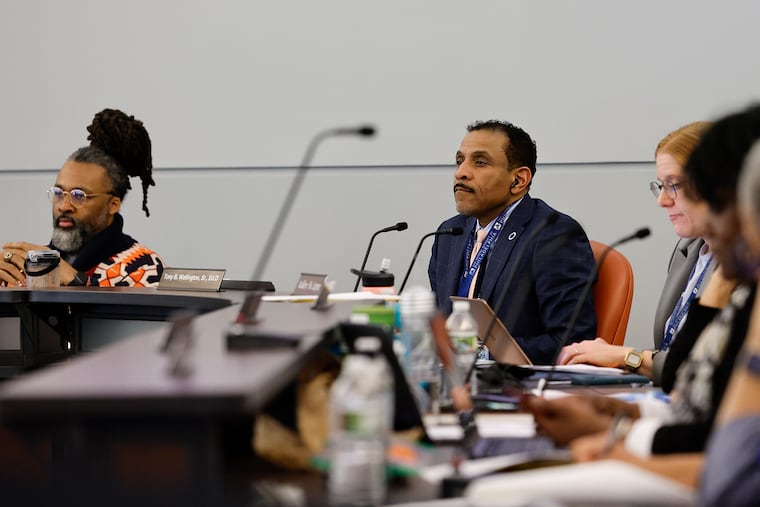Judge finds Mayor Adams violated the law by preventing the ban on solitary confinement in New York City jails.
In a significant legal ruling, a New York State Supreme Court judge has determined that Mayor Eric Adams violated the law by failing to implement critical elements of Local Law 42, which imposes stringent limitations on the use of solitary confinement within the city’s correctional facilities. This law, enacted by the City Council in December 2023, faced a swift veto from Mayor Adams in January 2024. However, the City Council successfully overrode this veto, leading to a contentious legal battle in which the mayor has been accused of undermining democratic processes.
The City Council initiated legal action against the mayor on December 9, claiming that his repeated use of emergency powers to suspend parts of the law was inappropriate and unconstitutional. On Monday, Justice Jeffrey Pearlman ruled in favor of the Council, emphasizing the importance of democratic process over unilateral executive authority.
Justice Pearlman articulated that the City Council’s decision to override the mayor’s veto was a product of a thorough democratic process, stating that an override does not constitute an emergency situation, nor does it justify the issuance of emergency orders by the mayor. He noted that the passage of Local Law 42 came after extensive discussions, hearings, and input from various stakeholders, including the mayor’s office and the Department of Correction.
Local Law 42 was designed after years of deliberations aimed at reforming the use of solitary confinement, which has long been a controversial practice due to its potential psychological and physical harms. Mayor Adams had previously utilized emergency declaration powers under state Executive Law 24, which is intended for situations of significant public safety risks. The mayor’s executive orders, starting July 27, 2024, justified suspending the law on the basis that it could compromise public safety by limiting the options for managing individuals within the correctional system.
Critics, including Council members and advocates for criminal justice reform, have voiced considerable concern regarding the use of solitary confinement, with many arguing that it exacerbates mental health issues and can lead to more significant safety problems within jails. Furthermore, there have been apprehensions about how the mayor’s actions may conflict with ongoing legal obligations arising from the Nunez class action lawsuit—which addresses violence in city jails and the implementation of a federal monitor to oversee reforms.
The Council’s lawsuit, supported by the Public Advocate, contends that the mayor’s actions constitute an overreach of executive power. Council Speaker Adrienne Adams has expressed that the ruling serves as a victory for democratic governance and public health. She underscored the necessity for the mayor to adhere to legal standards and proposed that the harmful effects of solitary confinement necessitate a reevaluation of the city’s current correctional policies.
In summary, the court’s ruling reinforces the principle that local governance should be rooted in democratic processes and legal adherence, particularly regarding human rights issues affecting the incarcerated population. This landmark decision underscores the ongoing dialogue surrounding criminal justice reform in New York City.
Media News Source







